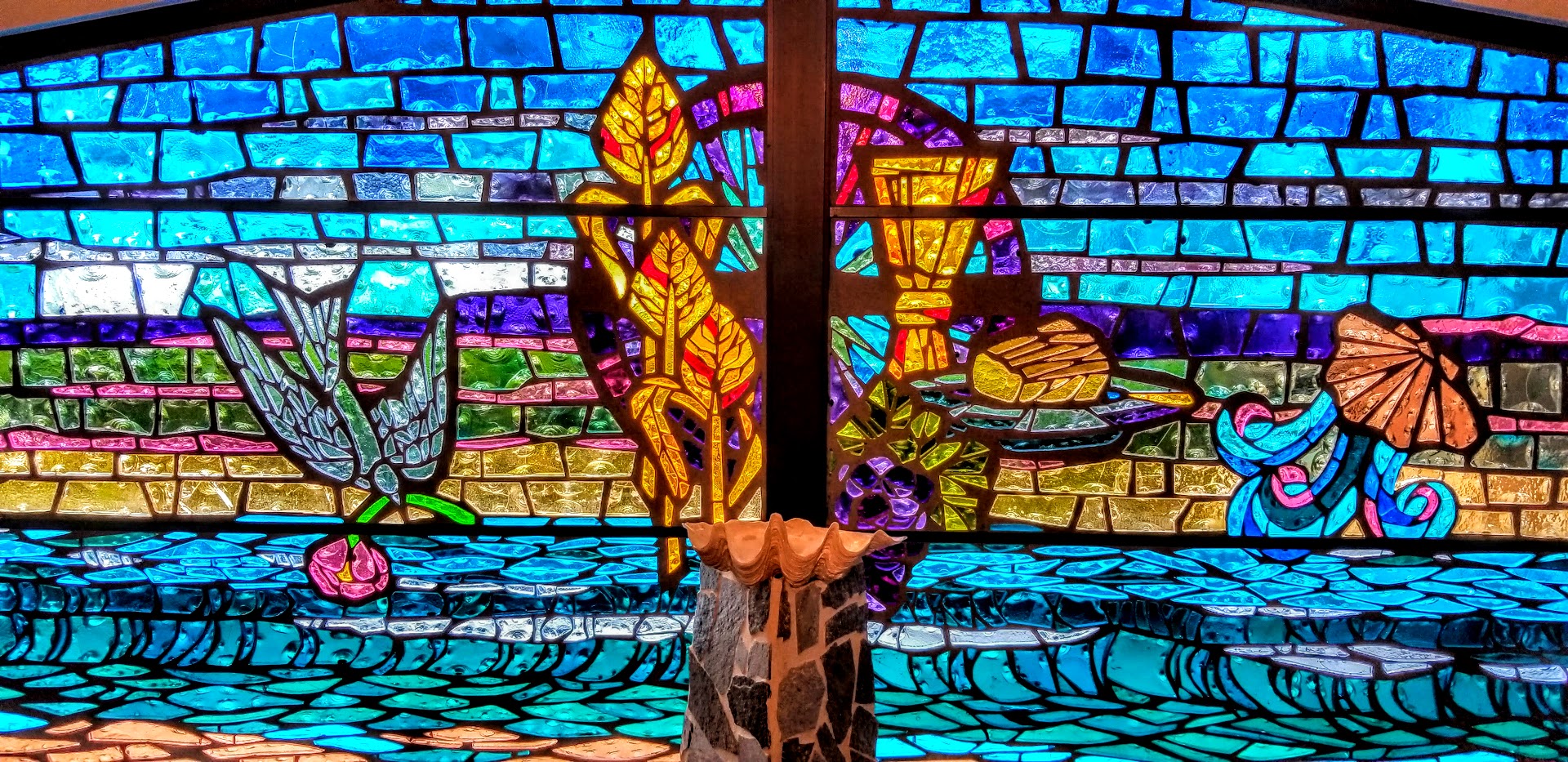Today we remember the Reverend (Dr.) Martin Luther King, Jr. He was born in 1929 and served as co-pastor of the Ebenezer Baptist Church in Atlanta, where his grandfather and father had a long tenure as pastors. Martin Luther attended segregated public schools in Georgia and graduating from high school at the age of fifteen. He received his B. A. degree from Morehouse College. Martin was awarded his B.D. theological degree from Crozer Theological Seminary and received his doctorate degree from Boston University. In Boston he met and married Coretta Scott, and the couple had four children.
In 1954, Martin Luther King became pastor of the Dexter Avenue Baptist Church in Montgomery, Alabama. He was always a strong advocate for civil rights and was on the executive committee of the NAACP. Martin became a leader of the first great African American nonviolent demonstration of contemporary times in the U.S., a bus boycott against segregating riders. The boycott lasted 382 days, and the Supreme Court declared unconstitutional the laws requiring segregation on buses. During the boycott, Dr. King was arrested, his home was bombed, he was personally abused, but his resolve continued and he emerged as a true leader.
In 1957 he was elected president of the Southern Christian Leadership Conference, an organization formed to provide new leadership for the burgeoning civil rights movement. The ideals for this organization he took from Christianity. He wrote five books as well as numerous articles. Dr. King led a massive protest in Birmingham, Alabama, that caught the attention of the entire world, and he directed the peaceful march on Washington, D.C., of 250,000 people to whom he delivered his iconic “l Have a Dream” speech. Martin conferred with President Kennedy and campaigned for President Johnson. He was arrested approximately 20 times and assaulted at least four times. He was awarded five honorary degrees and was named Man of the Year by Time magazine in 1963.
At the age of 35, Martin Luther King, Jr., was the youngest man at the time to have received the Nobel Peace Prize. When notified of his selection, he announced that he would turn over the prize money to the furtherance of the civil rights movement.
On the evening of 4 April 1968, while standing on the balcony of his motel room in Memphis, Tennessee, where he was preparing to lead a protest march in sympathy with striking garbage workers of that city, he was assassinated.
“Darkness cannot drive out darkness; only light can do that. Hate cannot drive out hate; only love can do that.” — MLK
